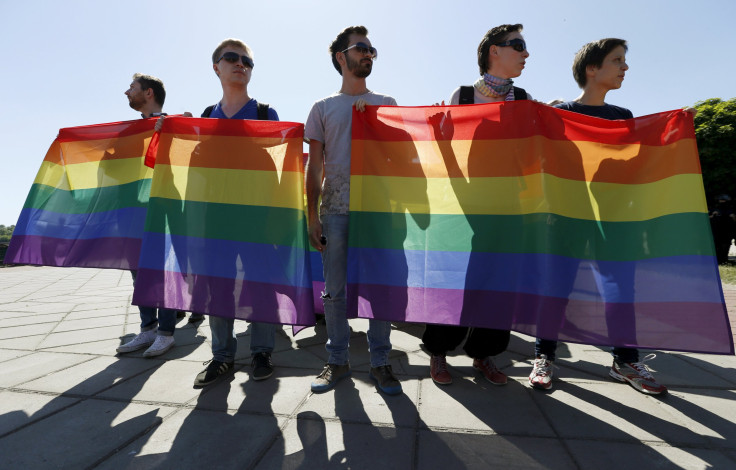'Born this way' defense may not be the key to stopping homophobia

The assertion of sexual orientation as being inborn, rather than a choice, has always been a stronghold for gay rights over the years, paving the way for protection laws and legalisation of same-sex marriages in many countries. However, researchers believe that this may not be the most effective way to promote positive attitudes and perceptions toward the LGBT community.
This new research from the University of Tennessee, Knoxville claims most of the respondents of the study believe that sexual orientation is unchangeable and innate, but other beliefs about sexual orientation may prompt these respondents to hold negative views about gay people. The notion that all gay men are alike and act the same way, despite believing that these men were born gay, made the participants to remain prejudiced toward gay men.
The belief of being “born this way” has been around for the past 20 to 30 years, and is believed to be crucial in improving treatment toward lesbian, gay and bisexual people. Many studies have shown that being gay is not a choice, however, conversion therapies that aim to change sexual orientation still abound. Plus, this has not stopped homophobic crimes from happening.
In 2013, the FBI reported that 0.3 percent of the 5,922 single-bias hate crimes were based on sexual orientation. Still, gender-based hate crimes are widely underreported and may be 40 times higher than what the FBI reports.
Study author Patrick Grzanka said that this study demonstrates the argument’s limitation. Nevertheless, Grzanka hopes that this will help activists, educators and other researchers to further understand sexual orientation, which will yield more positive attitudes and wider acceptance toward sexual minorities.
"And yet there is little scientific evidence to suggest that the categories we use today in the United States--categories that are historically quite new--originate in the body at all," Grzanka adds. "I think social scientists, lawyers, biological researchers and activists all need to examine why it is that many of us are so deeply invested in biological explanations of sexual orientation, particularly when they appear to have limited efficacy in terms of promoting more positive attitudes toward sexual minorities."
Moreover, beliefs about sexual orientation impact science, policy and the law. The researchers intend to explore how different sexual orientations influence beliefs and attitudes, which they hope will foster a more welcoming society.
"'Born this way' arguments have been the cornerstone of LGBT advocacy against horrific attempts by physicians, clergy and psychologists to turn sexual minorities into heterosexuals," Grzanka concludes. "We are contributing to the ongoing political and scholarly conversations about whether biological arguments are enough to actually improve attitudes toward sexual minorities."
Contact the writer at feedback@ibtimes.com.au or tell us what you think below.





















